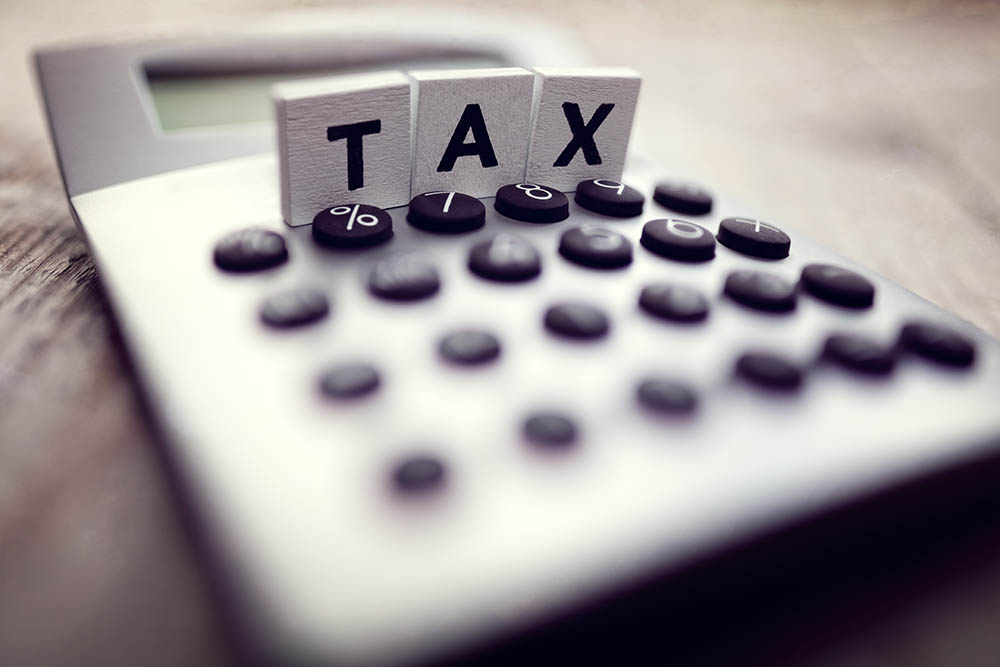Amidst the pandemic, the federal government has just given Canadians an extra month to file their taxes (the new deadline is June 1). As people prepare their tax returns, some might wonder if they are getting good value for all the taxes they pay. The answer is that most people are not. The total tax bill in Canada – not just income taxes, but also payroll taxes, sales taxes, and so on – is 45 per cent of the national income, which is far too high.
One reason why high taxes are so harmful has to do with the difference in how money is spent in government versus in the private economy. In the government sector, since politicians are not spending their own money, they are not careful to keep costs under control, and because they are usually not spending the money on themselves, they have little incentive to ensure that the goods and services they provide are of high quality.
Conversely, in the private sector, people spend their own money on themselves. For the most part, they will spend the money wisely (since it is their own money they are spending) and on goods and services that are useful (since they are the ones benefiting from the spending).
The second reason Canadians don’t get good value for the taxes they pay is that the cost of taxes is extremely high – much higher than most people recognize. In just every case, the real cost of a tax is far higher than just the flow of tax dollars to the government.
Take for example the corporate income tax. A study several years ago by economists Kenneth McKenzie and Ergete Ferede found that, based on data from 2014, raising corporate taxes by $1 would cost workers between $1.52 (Alberta) and $3.85 (Prince Edward Island) in lower wages, depending on the province.
In Ontario, raising corporate taxes by $1 cuts wages by $1.97. In order for corporate taxes to be worthwhile at the margin, then, government spending must yield twice as many benefits as when people spend money on themselves – which is surely not the case. (This is actually an understatement, since the $1.97 only accounts for the lost wages to workers, and doesn’t include others made worse off by corporate taxes, such as shareholders, landlords who rent to businesses, and so on.)
In addition to the corporate tax, there is the payroll tax as another example. In a 2008 study, labour economist Morley Gunderson at the University of Toronto reported based on earlier research by other economists that a 1 percentage point increase in the payroll tax cuts employment by two percent or more.
Like the lost wages from corporate taxes, the lost jobs as a result of payroll taxes is an economic cost to Canadians that doesn’t show up on the tax bill. Instead, it takes the form of lost economic benefits from employment and production that does not materialize.
Tariffs are yet another example of a tax with economic costs to taxpayers far higher than just the flow of revenues to Ottawa. By impeding international trade, tariffs destroy a huge amount of value – the value of all the economically beneficial transactions that didn’t happen because of the tariffs.
Whether on corporate income, labour, international trade, or anything else, taxes in Canada impose a huge economic cost. Canadians are reminded of the high cost of taxes every year when they file their returns, but in reality, government is even more expensive than most people realize.
Matthew Lau is a research associate with the Frontier Centre for Public Policy.




